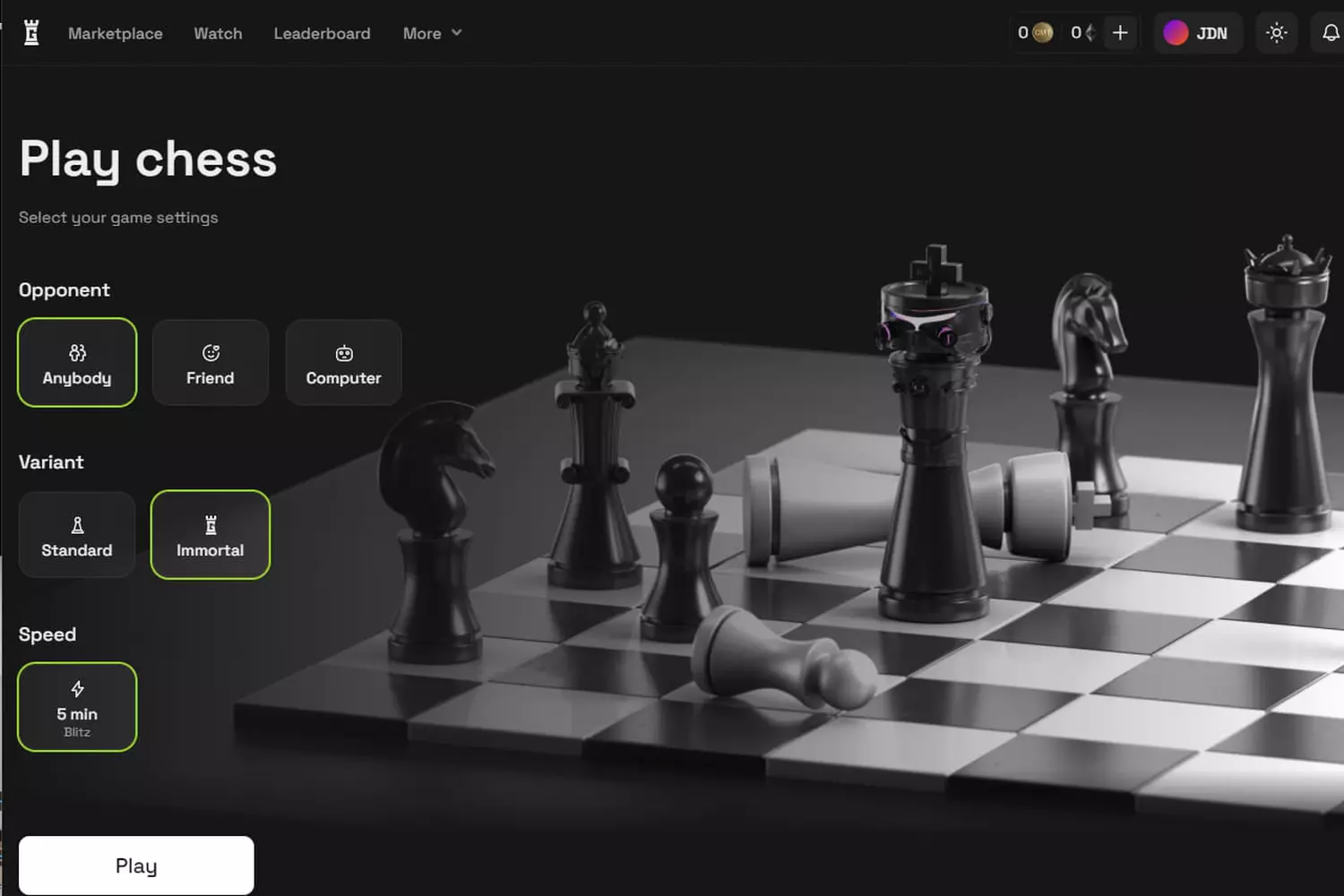Immortal – Chess app ceases play-to-earn functionality due to significant cheating incidents.
Immortal, a play-to-earn chess app that utilized cryptocurrency to monetize chess games, had to shut down its financialized crypto features due to widespread cheating that negatively impacted the game experience.
Previously, Immortal operated as a free online chess site where users could earn CheckMate (CMT) token rewards while playing. The platform also had a marketplace for chess piece non-fungible tokens (NFTs), some of which sold for as high as $14,300. However, following the announcement of the closure, the sales of these NFTs only fetched a few cents.
In September 2022, Immortal secured $15.5 million in a Series A funding round led by The Chernin Group. However, after the closure of the financialized crypto features, NFT owners in the Immortal project’s Discord expressed disappointment over the loss in the value of their assets.
The chess platform, built using Immutable X’s layer-2 scaling technology, stated that it would still employ Web3 technology for anti-cheat measures and community engagement.
The “play-to-earn” model, which integrates cryptocurrencies into gaming, has gained popularity. However, it has faced various challenges along the way, with cheating incidents being one of the latest setbacks.
In a separate incident, Arbitrum, the largest Ethereum layer-2 scaling solution, experienced a partial outage due to a significant increase in transaction volume that overwhelmed the sequencer. Around 90% of Arbitrum’s data in the two hours leading up to the outage were inscription transactions, with the majority labeled as “fair” according to data shared by hildobby, a pseudonymous individual working in data at the venture fund Dragonfly.
During the nearly two-hour outage, Arbitrum’s sequencer struggled to process transactions, and at one point, the layer-2’s swap fee spiked well above Ethereum’s. However, the Arbitrum team announced that the sequencer was back up and running shortly after 3 pm ET.
Various blockchain networks have implemented inscription capabilities, allowing for the encoding of arbitrary data like art or fungible tokens on blockchains. Bitcoin’s ordinal inscriptions, for example, have caused congestion in the network’s mempool, reaching near all-time highs.
